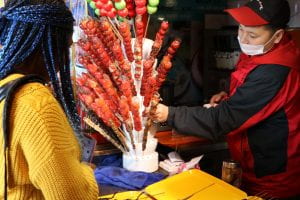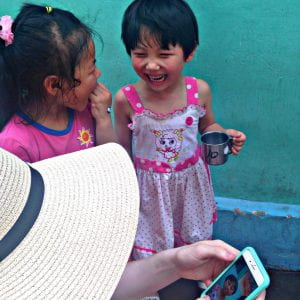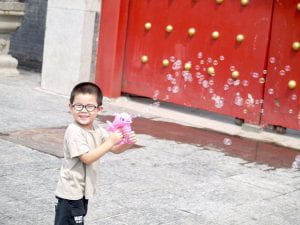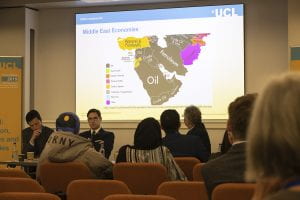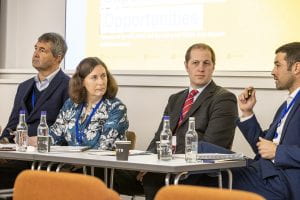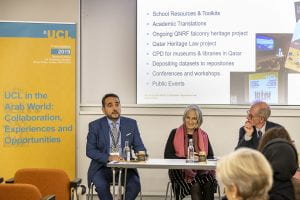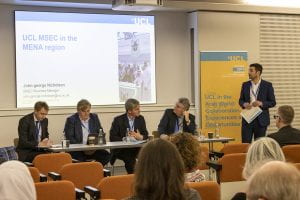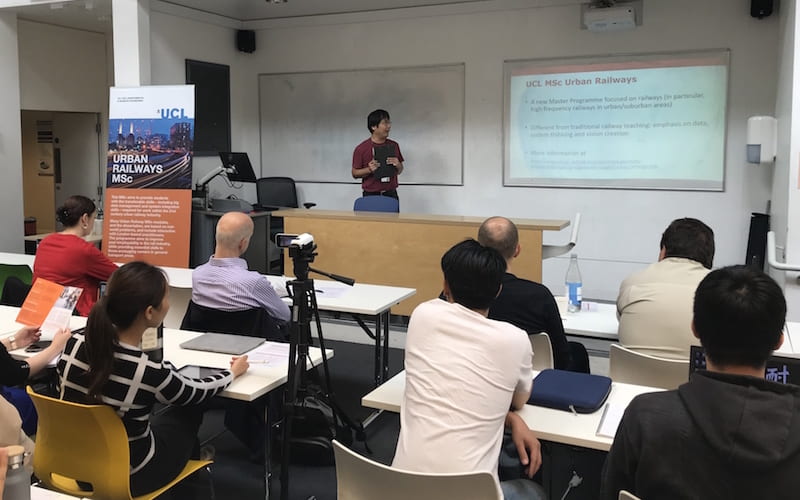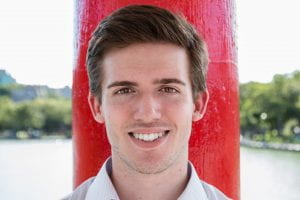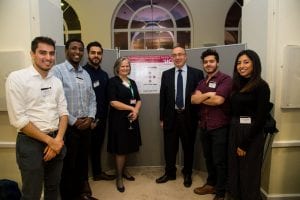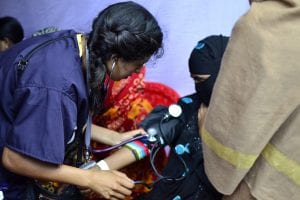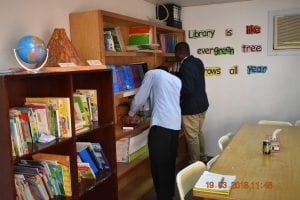UCL Pro-Vice-Provost (International) Professor Deenan Pillay on remaining focused on research impact
By Guest Blogger, on 21 September 2021
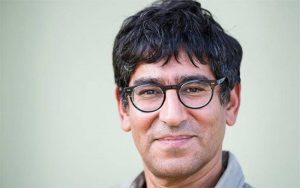 The world is burning – literally – and climate change has led to an increase in weather unpredictability. Meanwhile, the world is reeling from its latest pandemic, almost certainly caused by live animal trading, and the hugely beneficial impact of new COVID vaccines has been tempered by gross global inequity in access, leaving us all still at risk. And then there is the gross failure of international political governance to secure a peaceful outcome for the people of Afghanistan. This all comes on top of a distinct move to inward-looking and nationalist feelings here in the UK, and other parts of the world, which saw significant cuts to UK overseas development aid, including research funding.
The world is burning – literally – and climate change has led to an increase in weather unpredictability. Meanwhile, the world is reeling from its latest pandemic, almost certainly caused by live animal trading, and the hugely beneficial impact of new COVID vaccines has been tempered by gross global inequity in access, leaving us all still at risk. And then there is the gross failure of international political governance to secure a peaceful outcome for the people of Afghanistan. This all comes on top of a distinct move to inward-looking and nationalist feelings here in the UK, and other parts of the world, which saw significant cuts to UK overseas development aid, including research funding.
It is easy to feel despondent and powerless to respond in a constructive manner.
However, despite these challenges, universities have an opportunity to make a change in their global impact and collaboratively contribute solutions to these critical challenges for the future. We at UCL are in a particularly strong position. We host an amazing and broad spectrum of research activities, and a truly international student and staff body. We also work within a longstanding UCL ethos of tolerance, inclusivity and a commitment to equity.
And there are many wonderful examples of how UCL and our partners contribute to global good, ranging from the Institute for Global Prosperity’s co-creation of sustainable energy provision with communities in Lebanon, through to the Institute of Healthcare Engineering releasing full design and manufacturing instructions, on a zero-cost license, for the local production of UCL-Ventura CPAP ventilators around the world.
Nevertheless, translating our academic strengths into global impact does not happen by accident. We need to continue to build an infrastructure, and incentives, to encourage more cross disciplinary (or rather, transdisciplinary) research, and support our staff to build their nascent or early-stage international partnerships into something capable of delivering benefit to peoples around the world. Equally, our students will not automatically become global citizens, despite our strapline of “London’s Global University” – there is a need to continue to proactively enhance their international experience at UCL. Our recent success in applying to the Turing Scheme – as replacement of the Erasmus programme – is excellent news.
How are we supporting the UCL community to achieve this? Firstly, we recently brought our Global Engagement team within the portfolio of the newly formed Office of the UCL Vice-Provost for Research, Innovation and Global Engagement (RIGE). This will help us to broaden and better coordinate the support we can provide to academics across the university, particularly with the emerging UCL institutional strategy and priorities for research, innovation, education and external engagement.
Secondly, by building on UCL’s existing strong international links and successes from the last five years – including global institutional partnerships with academic institutions and other organisations around the world – we aim to ensure the work of Global Engagement will be even more strongly guided by academic staff and their faculties’ priorities. We are delighted to work closely with UCL’s Vice-Deans (International) to ensure this alignment can maximise our research and education impact globally.
And thirdly, we aim to ensure that our global perspective and the support Global Engagement provides will be better integrated into new cross-institution initiatives such as those targeting the UN’s Sustainable Development Goals, the climate emergency, and equity and inclusion. We also want to continue supporting global opportunities for students, enhance our support with faculties for PhD and early- and mid-career researchers, and ensure seamless and better coordinated internal funding processes. This includes building on the highly successful Beyond Boundaries conference we held with UCL Grand Challenges in late 2020.
Most importantly, whatever your role and position at UCL, I invite you to let us know of your own plans and aspirations for creating global impact. It is important to share our activities across the institution and beyond, and it helps us in the UCL Global Engagement team to continue to adapt our activities to support you in achieving the global impact we all wish for.
 Close
Close



